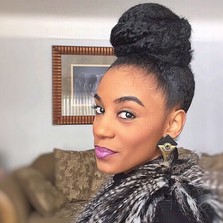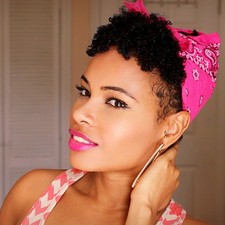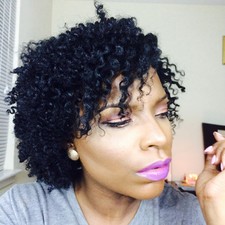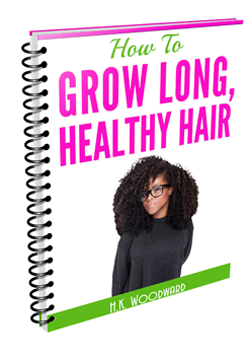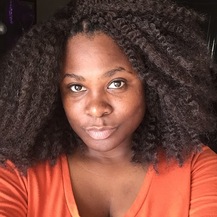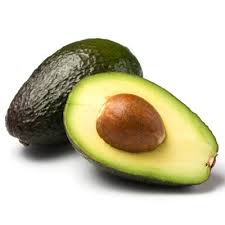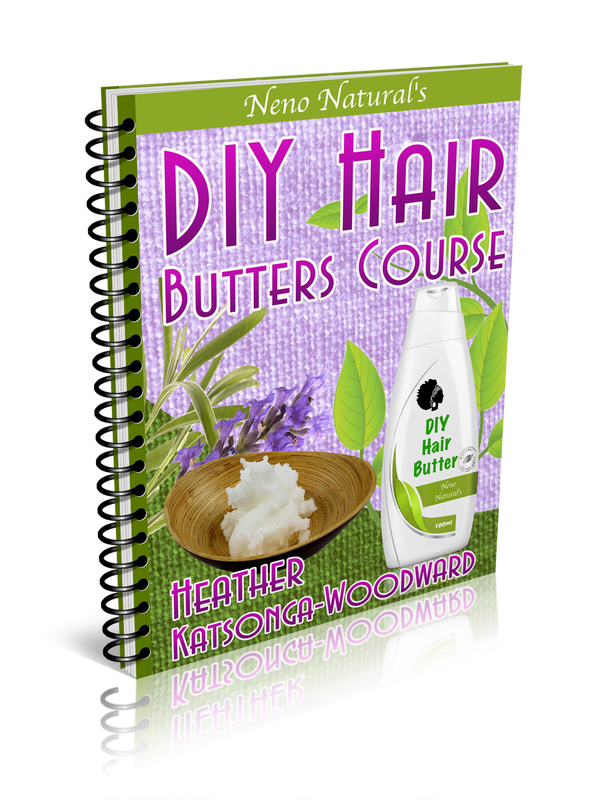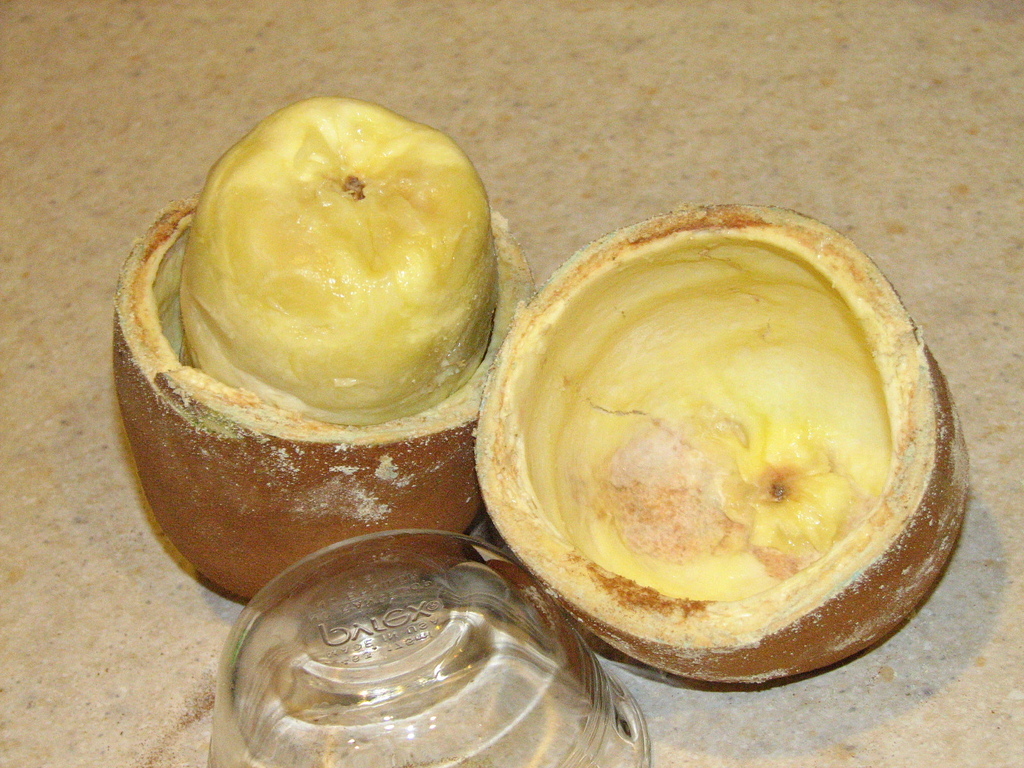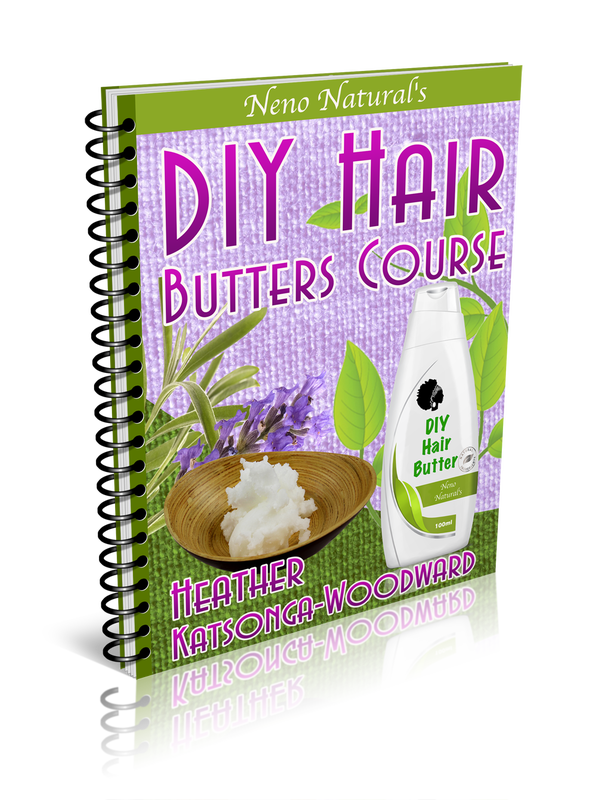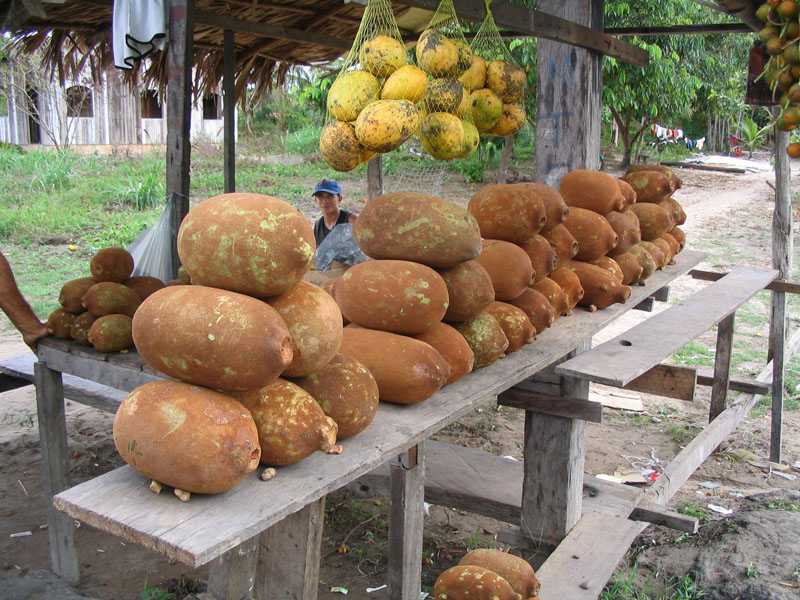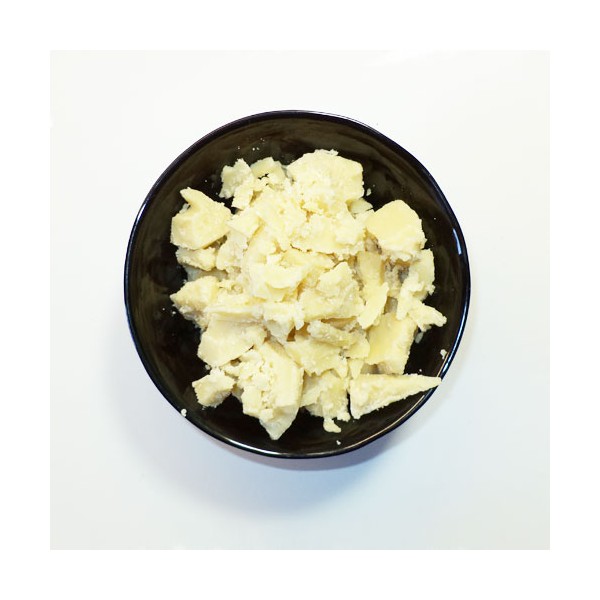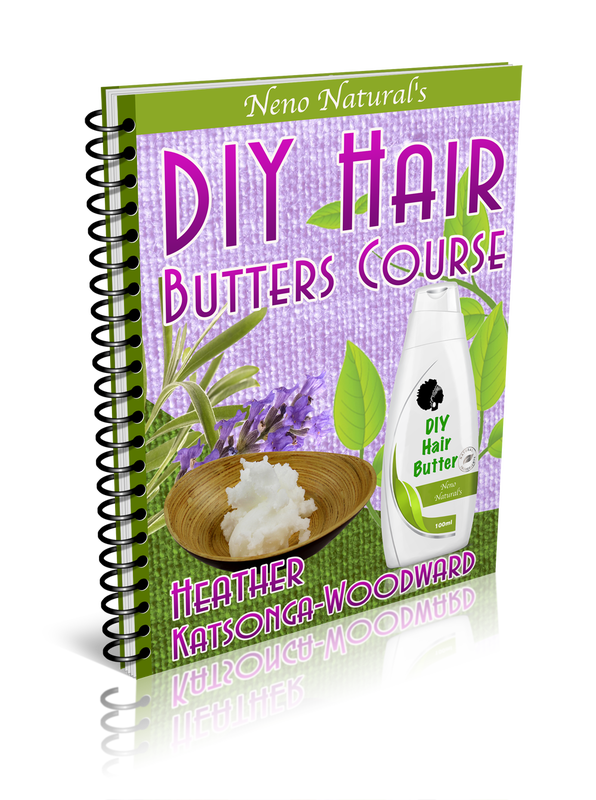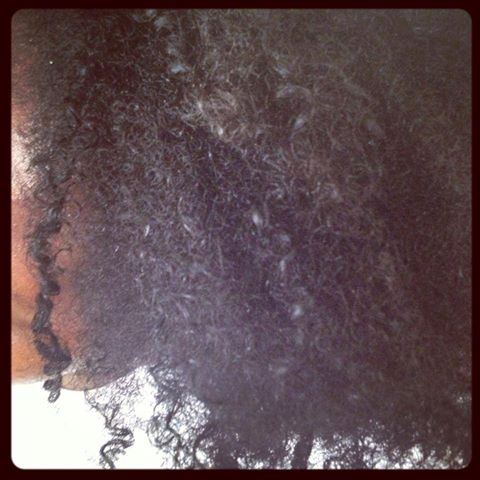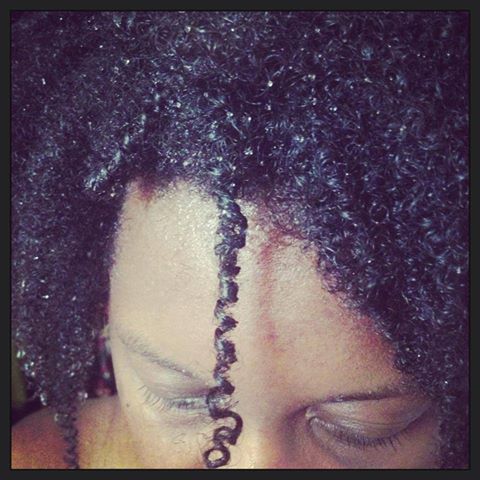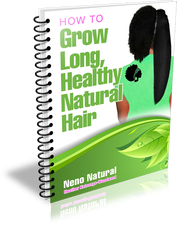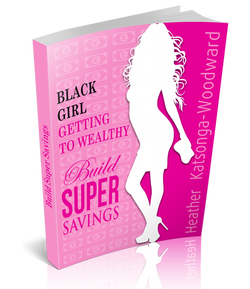
I had never heard of Emu Oil until a few weeks ago when someone wrote to me asking about it. I decided to carry out some research. My sources are at the bottom of this blog.
What is an emu? An emu is an indigenous flightless Australian bird. The moment I read this description I thought of a chicken so I googled for images and voila – see the images that are part of this blog. It looks more like an ostrich than a chicken. Where do they harvest emu oil from? The emu bird’s back is made of a thick layer of fat (adipose tissue) designed to protect it from the Australian sun as well as cushioning during an attack. When this fat is extracted it is distilled to remove proteins, bacteria and other particles leaving emu oil as it is commercially sold. This is an important difference compared to all other oils I have ever used or written about – they are all vegetable oils,on the other hand, emu is derived from an animal. What does emu oil look like? The exact colour and consistency of emu oil depends on the bird’s diet. It’s a white/off-white solid at low temperatures but quickly melts at temperatures above 22°C (72°F) to form a yellow liquid. The viscosity of emu oil at any given temperature varies depending on the diet of the bird it was harvested from. 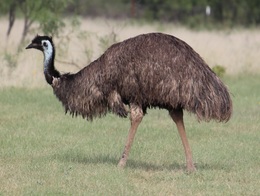
What characteristics does emu oil have?
According to online sources it’s:
For those that have thin or thinning hair the last benefit makes emu oil especially attractive. Unfortunately, many of the claimed benefits are empirical not scientific. Emu oil has not been scientifically tested rigorously enough to make the claims therefore its risks and benefits are currently not that well understood. The biggest proponents of emu oil’s health benefits sell it so it’s hard to tell how genuine their claims are. Emu oil has been fraudulently promoted as a health supplement when it shouldn’t be due to a lack of data backing up claims of any health benefits. According to the FDA website, “FDA determined that a pure emu oil product marketed to treat or cure a wide range of diseases was an unapproved drug. Its marketer had never submitted to FDA data to support the product's safe and effective use.” Should you try emu oil on your hair and skin? Why not? It probably won’t do you any harm so it could be worth a try to see whether your hair benefits from it. As with any oil, you would have to use it for a few months to notice a difference, if any. Where can you get emu oil? There are a variety of online sources selling it but I can’t prove how genuine their emu oil is. If you’ve ever used emu oil and have an opinion on it, please share! References: https://en.wikipedia.org/wiki/Emu_oil http://www.emu-oil-well.co.uk/faq Emu Oil: The Secret to Cate Blanchett's flawless complexion?
Many of us were brought up to believe greasing one’s scalp with “hair food”, such as Blue Magic, Sulfur 8 or any other petrolatum-based grease was essential for maintaining healthy hair. However, many in the natural hair community now argue that greasing your scalp is not essential. So is it? It depends…
Day-to-Day Management Generally, a clean and healthy scalp does not need to be greased to stay soft, pliable and well suited for hair growth. Sebum, the oil naturally produced by the scalp lubricates the scalp on an on-going basis. Importantly, unlike skin, the scalp is not constantly chaffing against clothing or rubbing against furniture so it doesn’t need to be moisturized as intensely or as regularly as skin does. Dry Scalps The above said, just as some people have drier skin than others, some scalps are more dry than others. The dryness of one’s scalp can be impacted by diet and weather. Whatever the case, if your scalp doesn’t seem to lubricate itself and perhaps gets all dry, ashy or dandruff-ridden then it certainly doesn’t hurt to oil it. If your scalp is dry, don’t use a thick or heavy grease; choose a light, nutrient-rich oil to rub into your scalp.
When In Plaits If your hair has just been plaited/braided then it might be useful to oil your scalp to prevent bumps and rashes from forming where the root has been pulled. I personally have a very sensitive scalp; even with minimal pulling my scalp gets sore and bumpy so I oil the scalp religiously for about a week after its been plaited using Neno Natural’s Hair Growth Stimulator when I have just had braids installed. After a week the new growth compensates for the pulling my scalp endured. Hair Growth Last but not least, because the scalp is so thin, you can promote the delivery of oxygen and nutrients to the scalp to help hair grow by massaging it with an oil + essential oil blend. I have quite a few recipes that you can blend yourself. https://www.youtube.com/playlist?list=PLu2772_DbH-LWFfnvzHn-uN6bw4LgX4_b What do you think about greasing the scalp? Is it essential for you? 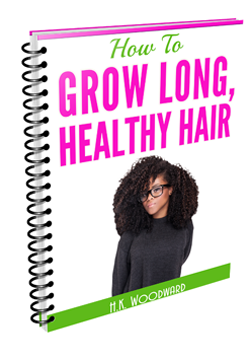
Get your FREE ebook on How To Grow Long, Healthy Natural Kinky or Curly Hair. You might also like: Working with Essential Oils - Understanding Dilution 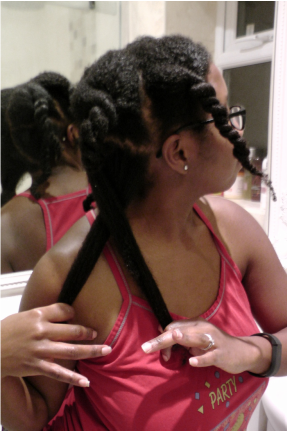
When I first started researching hair oils and butters I started going nuts looking for the fatty acid composition of kukui butter because I wanted to decide whether to use it for sealing or pre-poo treatments.
The numbers I found suggested it should be liquid at room temperature (it was very high in polyunsaturated fats) but it was being touted as a solid butter on many of the sites where I buy ingredients. Then I learnt about hydrogenation. Basically, an oil that is liquid at room temperature can be hydrogenated so that it's solid at room temperature instead. How Does Hydrogenation Work? The polyunsaturated fats in a liquid oil are brought into contact with hydrogen to convert them to saturated fats. Hydrogenation not only makes the liquid solid, it increases its shelf life! Examples of hydrogenated butters:
Aloe butter is actually different. The aloe vera plant doesn't actually have very much fat in it so aloe vera is blended with another oil/butter such as coconut oil to make aloe butter. Are hydrogenated butters good for natural hair? Yep, you get the same benefits as though they were a liquid oil but it allows you to use them in more ways, e.g. to make a DIY Whipped Butter. Are hydrogenated butters healthy to eat? Wrong site! I might sidetrack into skin benefits once in a while but health is really not NenoNatural.com's realm. 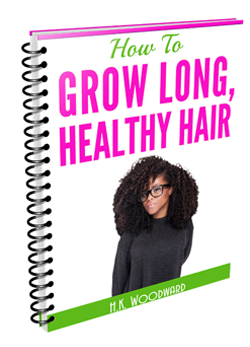
Get your FREE ebook on How To Grow Long, Healthy Natural Kinky or Curly Hair. You might also like: Ref: wikipedia.org/Candlenut oil, naturallythinking/Aloe Butter,
Different butters perform each of these functions to a different degree.
Avocado oil is normally liquid at room temperature. Avocado butter, the solid version, is created by a process called hydrogenation. In this process the polyunsaturated fats are exposed to hydrogen to convert them to saturated fat and make a solid product. I wrote about avocado oil in "6 Fabulous Benefits Of Avocado Oil On Natural Hair" so I won't write too much about it here. I am just adding to the information that I already provided.
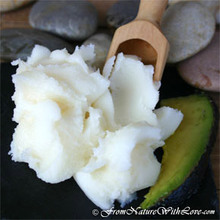
Good Substitutes For Avocado Oil
Olive oil has a very similar fatty acid structure to avocado oil. They are both high in monounsaturated fats. They are also rich in vitamin E and antioxidants. Avocado butter has a shelf life of one year and a melting point of about 37°C, i.e. body temperature. 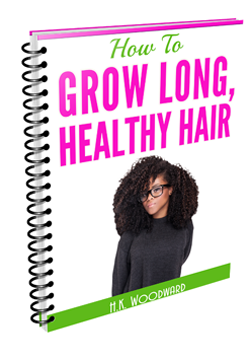
Get your FREE ebook on How To Grow Long, Healthy Natural Kinky or Curly Hair. You might also like: Ref: gardenofwisdom.com/butters, swiftcraftymonkey/avocado
Different butters perform each of these functions to a different degree.
Good Substitutes For Cupuacu Butter Cupuacu butter is somewhat similar to cocoa butter but has less palmitic acid (a good moisture sealant). I don't think cocoa and cupuacu butter are perfect substitutes by any stretch of the imagination especially as they have very different consistencies to each other. I would say mango butter is a better substitute for cupuacu than cocoa. However, mango butter is less conditioning/softening and is drier than cupuacu. As a very nutrient rich butter cupuacu is good for weak, brittle and damaged hair (e.g. in my "Love Me" DIY Hair Recipes). It's a especially good if you are spending a lot of time in the sun as some of it's constituents provide natural protection from UV-A and UV-B rays. Both hair and skin need that protection.
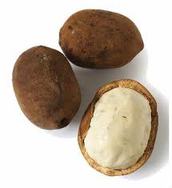
I plan on using it in some of my DIY Hair Recipes for dry hair ("Feed Me") because it is reputed to be a good softener; and in my hair retention DIY Hair recipes ("Grow Me") because it is so nutrient rich.
It has a melting point of 25 – 35°C and a shelf life of 2 years. 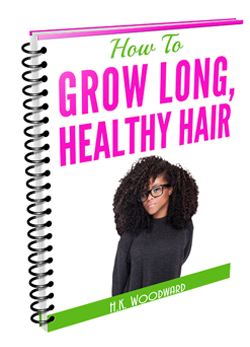
Get your FREE ebook onHow To Grow Long, Healthy Natural Kinky or Curly Hair. You might also like: Ref: gardenofwisdom/butters, fromnaturewithlove/cupuacu, lush/Cupuacu, amazonoil/cupuacu, skincare-amazonia/cupuacu, presentwoc/cupuacu
Different butters perform each of these functions to a different degree.
Good Substitutes For Murumuru Butter In terms of the benefits, murumuru butter is very similar to coconut oil but apparently, structurally, it should provide better moisturizing & conditioning to hair than coconut oil. Apparently tucuma butter - one I haven't tried yet - also has similar properties to murmuru. It has a high affinity for hair proteins and will definitely penetrate into your hair cuticle in the way coconut oil does. Being light in weight makes it a great ingredient for thin hair so I'll be using it in some of my "Adore Me" Hair Recipes. As a very conditioning oil it's also suitable for products designed for dry hair (see my "Feed Me" range of DIY Hair Recipes) and for weak, brittle or damaged hair (see my "Love Me" range of DIY Hair Recipes).
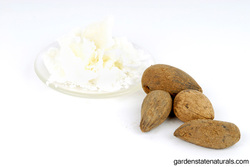
As a reminder the composition of coconut oil is 91% saturated fats, 6% monounsaturated fats and 3% polyunsaturated - so, very similar to murumuru butter.
It has a melting point of 25˚C to 37˚C and a shelf life of 1 to 2 years. 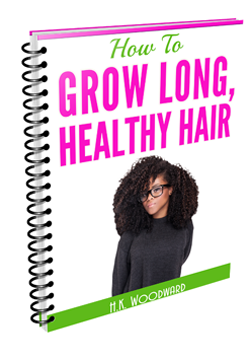
Get your FREE ebook on How To Grow Long, Healthy Natural Kinky or Curly Hair. You might also like: Ref: What Are The Differences Between Waxes And Oils / Butters? Are Waxes Okay To Use On Natural Hair?22/2/2014
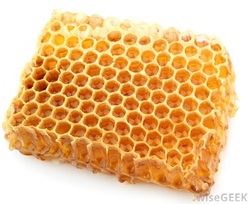
Waxes are actually very similar to butters but the slight difference in their structure makes waxs extremely water-hating (hydrophobic). Many waxes occur naturally in the environment:
Clearly then in a hair product wax can be used to seal hair better and prevent moisture loss to the environment. This is why I use a little wax in some of my DIY Hair Products especially hair butters. Note that some waxes are synthetically made and others naturally occur in the environment. Natural waxes include beeswax, jojoba wax, hemp wax etc. Waxes are derived from:
I use jojoba wax and hemp wax in my DIY Hair Butters and not beeswax because I find beeswax a little hard to work with. The beeswax I have begins to solidify so quickly that you end up having a hair butter with tiny bits of solid beeswax here and there. Not good. 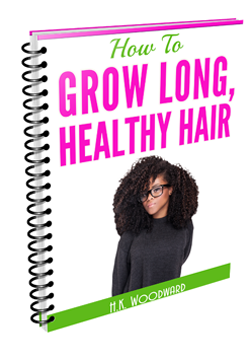
Get your FREE ebook on How To Grow Long, Healthy Natural Kinky or Curly Hair. You might also like: Ref: infoplease.com (waxes), wikipedia (wax), swiftcraftmonkey (waxes) 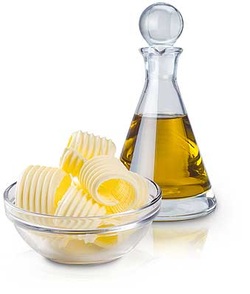
There is only one real difference between oil and butters if you're thinking about their usage for hair:
The solid state of butters and the liquid state of oils is also caused by them having different proportions of saturated vs. unsaturated fats. I get into a little more detail in Why Are Vegetable Butters Solid At Room Temperature & Oils Liquid? Besides this there is no real difference as far as your hair (and skin) is concerned. If you want to learn about their impact on the body when you eat one vs. the other then this is not the right blog! lol I use both oils and butters in my DIY Hair Recipes. Are They Both Good For Natural Hair? Yes. Whether you use one or othe other will depend on what you are trying to achieve. 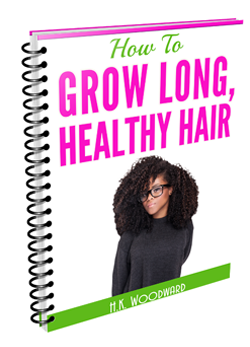
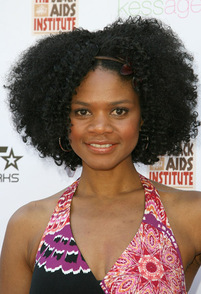
If you have thin/fine hair strands you might want to opt for hair oils and butters that are lighters and don't weigh your strands down.
For thick and normal hair any oil or butter is fine. In my "Adore Me" DIY whipped hair butter for thin hair I use two exotic butters cupuacu/kukui and murumuru as they are both very light. However, those are not the only light oils on the market. Personally, I have very dry hair (& skin) so I am not a very big fan of the less greasy oils, I like some greasiness. I HATE the smell of Macadamia, the taste, pretty much anything and everything to do with Macadamia nuts - don't know why so you will never find me using it.
Note that grapeseed oil has a very short lifespan, it can be as little as 3 months! I learnt that the hard way, I bought a huge bottle and and didn't use it for a while then when I open it it just smelt "off".
If you have shea butter just reduce its quantity in a whipped butter and add more oil to make a creamier blend which is better suited to fine strands. As for cocoa butter, it is much heavier and harder so if you have thin hair I wouldn't use more than 15% in a whipped butter and even less in other DIY products. 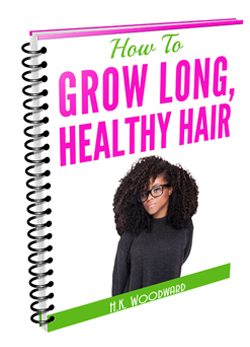
Get your FREE ebook on How To Grow Long, Healthy Natural Kinky or Curly Hair. You might also like: Ref: SwiftCraftMonkey (Grapeseed) (Oil Guide), EatByDate (How Long Does Oil Last), GardenOfWisdom (Shelf Life Of Oils) 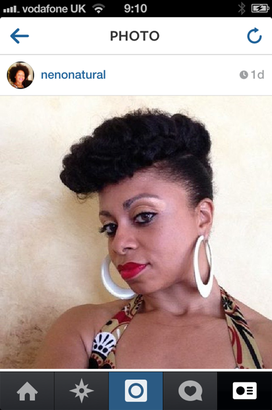
A proper hair butter does not contain any water-based products. It is designed to seal hair after the hair has been moisturized.
A moisturizer is a water-based product. A leave-in conditioner is just another name for a hair moisturizer. If you look under ingredients you will see "water" or "aqua" as the main ingredient. Water/aqua is an ingredient that you will not find in a hair butter. If a product calls itself a hair butter and you see aqua or water, it plain and simply is not a hair butter. Under both the LOC and LCO method used to moisturize black hair:
I teach how to make whipped hair butters and moisturizer in my Hair Product Academy. 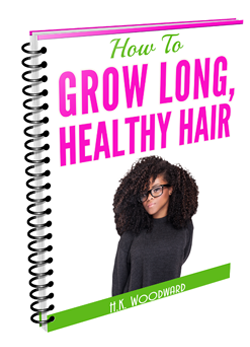
|
I now blog about wealth creation - so if you have any money questions meet me there, you can do all sorts of cool things like leave me a voicemail.
By Heather Katsonga-Woodward
I was a natural hair blogger and mixtress living between London & Chicago from 2012 to 2017. I always thought I was 4C but some say 4B; images below - you decide! Heather xx Categories
All
Archives
November 2016
|

